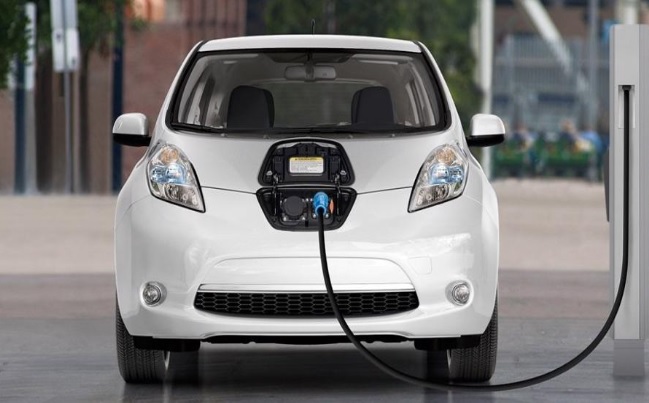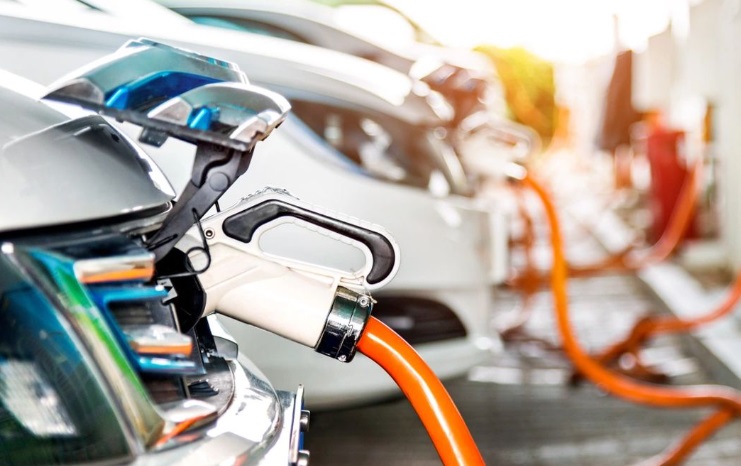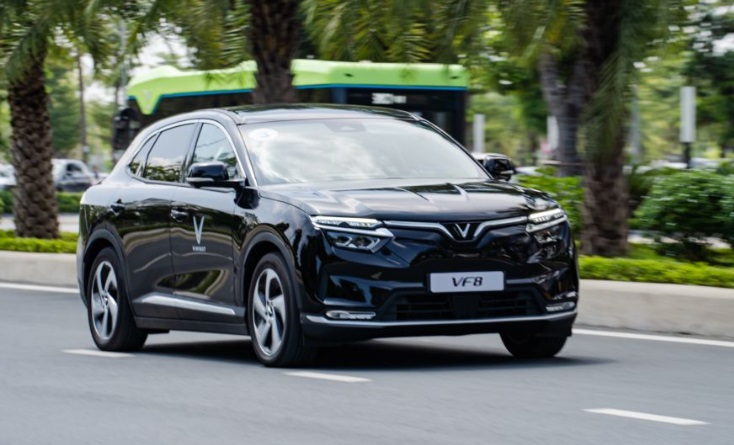Different from gasoline cars, electric cars have a complex structure that requires users to have knowledge of how to charge, optimize charging time, and calculate travel distances to use electric cars in the best way.
The battery pack is the most important part of an electric car. The cost of electric car batteries is high, and they are prone to degradation, so they require proper maintenance and charging.
Should you charge an electric car battery to 100%?
According to experts, charging an electric car battery to 100% or frequently draining it to empty is not good for the battery’s lifespan.
The optimal level is around 80% of the battery’s capacity, but you can still charge it to 100% if you need to travel a long distance the next day.
Specifically, when the battery is fully charged to 100%, it heats up. According to some studies, temperature “significantly affects the performance, safety, and life cycle of lithium-ion batteries.” More specifically, temperature affects the solid electrolyte interphase (SEI) layer of lithium-ion batteries. SEI allows lithium ions to pass through while protecting the positive electrode from corrosion. When SEI is altered, the protection of the positive electrode decreases and the normal chemical reactions within the battery are affected.
In addition, temperature can create cracks and gaps in the battery, leading to unwanted chemical reactions. Over time, the battery will degrade and become damaged.
Should you charge an electric car battery every night?
Unless you frequently travel long distances, it is not necessary to charge an electric car battery every night. Charging the battery every night, especially using fast charging, can accelerate battery degradation and increase the risk of damage.
If you charge the battery overnight, it is recommended to use a slow charger to reduce the charging cycle from 0-100%. Additionally, you should only charge the battery to 80% or enough for your daily needs before disconnecting the charger. This way, you can ensure the battery’s lifespan and maintain the vehicle’s operating range.
How long can an electric car stay without being charged?
An electric car with a fully charged battery can stay parked for a few days, or even 1-2 months. However, if the duration is longer, it is advisable to consult the user manual to ensure battery safety.
Furthermore, it is not recommended to leave your electric car with a 0% battery for an extended period as it can lead to battery degradation. You should regularly maintain the battery at a level between 20-80%.
The cost of battery replacement for electric cars
The cost of battery replacement for electric cars varies depending on the model and manufacturer. According to a study by the U.S. Department of Energy in 2021, the estimated cost of lithium-ion batteries for electric cars is around $157/kWh.
Specifically, the cost of battery replacement for BMW i3 and Chevrolet Volt is around $16,000. For Tesla Model 3, it is around $15,799. In Vietnam, the cost of battery replacement for VinFast VF 8 is 384 million VND. Meanwhile, for VinFast VF 9, the highest cost of battery replacement is up to 493 million VND.
Lithium and other elements used in batteries are scarce globally, which explains the high cost of batteries. However, knowing how to protect and prevent damage to the battery can slow down the degradation process.
TH (Tuoitrethudo)






























.jpg)












![[REVIEW] GOTECH GB8 CarPlay Box: The Must-Have Accessory for VinFast Lux](https://vnauto.net/wp-content/uploads/2024/02/xehay-gotechgb8-03082022-5-100x70.jpg)
